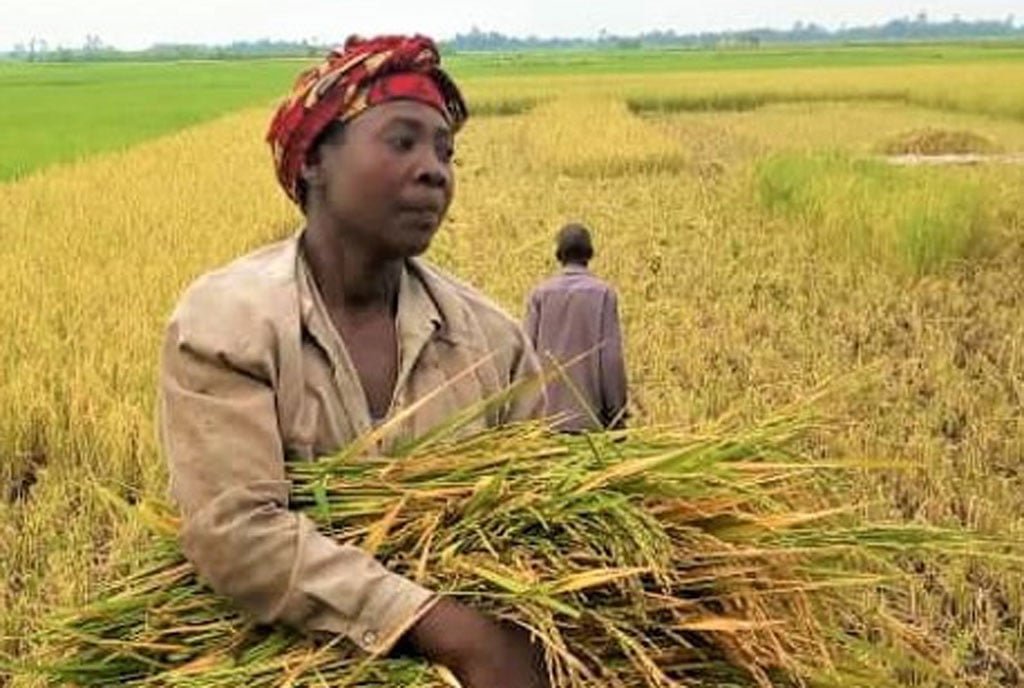Prime
Science needed in food production

Author, Michael J Ssali. PHOTO/FILE
What you need to know:
- Science can serve as a catalyst for increased food production, improved nutrition, economic development, and health and wealth for Ugandans.
The activities for next year’s population census were officially launched last Tuesday at Kololo in Kampala. It is reportedly going to be the sixth population and housing census since our national independence in 1962.
Our country’s population is said to be among the world’s top three fastest increasing across the globe. Nobody therefore has any reason to imagine that the results of next year’s population census results will indicate reduced population figures. If we were about six million around independence, today as we prepare for another census exercise we are well over forty million. Our geographical boundaries have not been expanded yet our population continues to grow.
Along with population growth we are experiencing increased land ownership conflicts, natural forests encroachment, and more wetland settlement. Such developments definitely have a link to our population size. Every living person must occupy some space on the earth complete with water, oxygen, and food.
To produce enough nutritive food for every Ugandan there must be a way of growing that amount of food bearing in mind that land is a limited resource. We can grow sufficient food without damaging forests and wetlands if we apply science to improve agricultural production. We may also have to look at what the countries with big populations like India and China have done to continue feeding those populations.
Science can serve as a catalyst for increased food production, improved nutrition, economic development, and health and wealth for Ugandans. Many countries across the world including India and China have been using biotechnology to improve human life. Biotechnology is described as a process that uses biology to develop technologies and products that improve our lives and the health of our planet, including plants and animals.
Uganda up to now is not yet among those countries that have fully accepted the wisdom of adopting biotechnology as a tool for improving its agricultural production since we don’t yet have a law to regulate biotechnology usage as required by international laws.
According to Uganda Bioscience Information Centre (UBIC), modern biotechnology includes using newer tools like tissue culture, artificial insemination, and genetic modification to produce vaccines and medicines, to combat crop diseases, and improve crop yields in order to feed large populations.
Biotechnology can be used to get crop varieties that can withstand harsh climate conditions and even pests so that farmers produce food without spending so much money on pesticides.
Michael Ssali is a veteran journalist,
[email protected]




